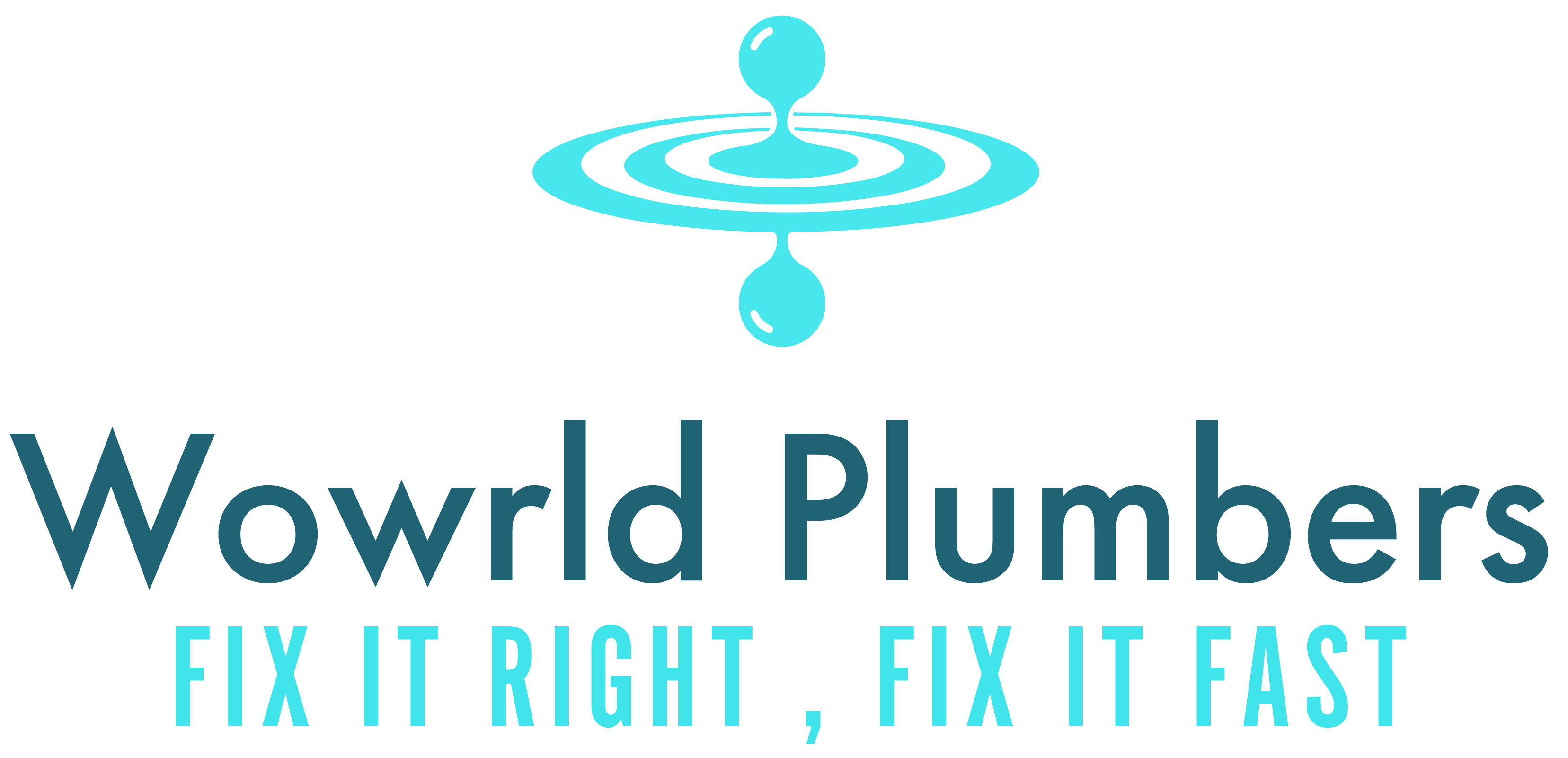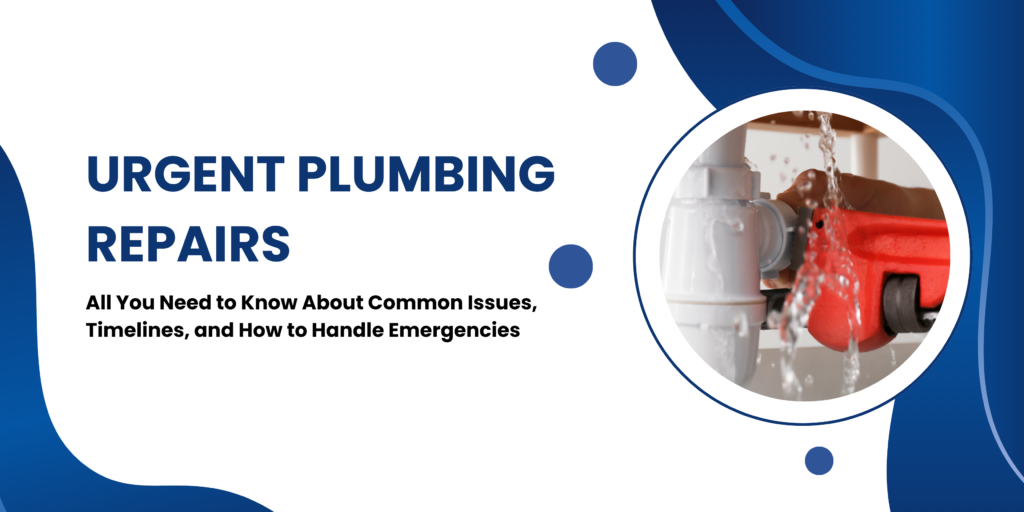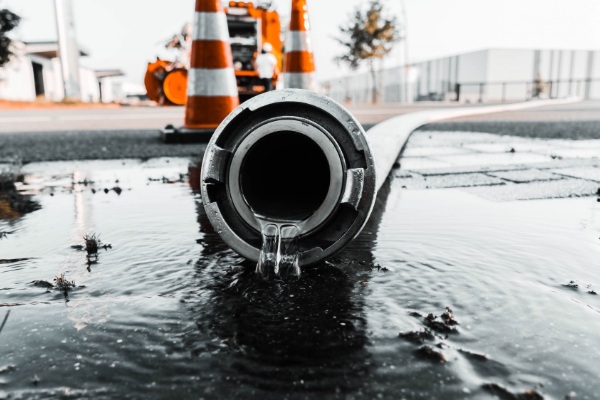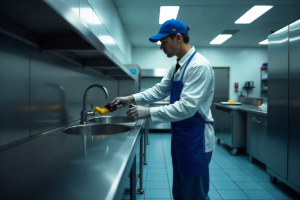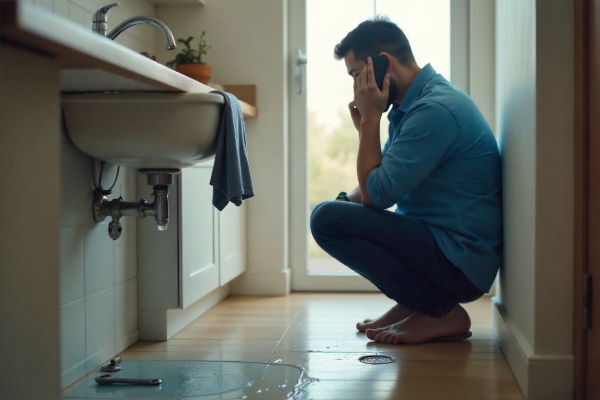Plumbing issues are unpredictable, and when they occur unexpectedly, they often require urgent repairs. Whether it’s a burst pipe or a clogged toilet, understanding common plumbing problems, the repair process, and how to handle emergencies can save you time and money. This guide covers everything you need to know about urgent plumbing repairs, from typical issues to specialized terminology.
Urgent Plumbing Repairs: All You Need to Know
Urgent plumbing repairs are a crucial part of maintaining your home’s functionality. Some plumbing issues are minor, while others, like a burst pipe or serious leak, can cause significant damage. Here’s everything you should know to manage these repairs efficiently.
Common Plumbing Repairs
What Is the Most Common Plumbing Repair?
The most common plumbing repairs involve leaks, clogged drains, and faulty faucets. A leaking faucet is an easy fix, but repeated leaks can signal bigger issues with your plumbing system. Clogged drains, often caused by debris or grease buildup, are also frequent issues in many homes.
Top Plumbing Issues Homeowners Face Regularly
- Leaky faucets: Dripping faucets are a nuisance and often indicate worn-out washers.
- Clogged drains: Sinks, showers, and toilets can all become clogged, often due to hair, soap, grease, or food particles.
- Running toilets: A running toilet could be caused by a malfunctioning flapper or valve.
- Low water pressure: Often caused by blockages or leaks in the plumbing system.
- Burst pipes: In colder months, pipes can freeze and burst, leading to significant water damage.
What Do Plumbers Repair?
An Overview of Services Offered by Plumbers
Plumbers are skilled professionals who handle a variety of tasks, from minor repairs to large installations. Common services include:
- Leak repairs: Fixing leaks in pipes, faucets, or toilets.
- Drain cleaning: Clearing blockages and ensuring proper drainage.
- Pipe repairs: Repairing or replacing damaged or leaking pipes.
- Fixture installations: Installing sinks, faucets, water heaters, and toilets.
What Does a Plumber Repair? From Leaks to Installations
Plumbers are also responsible for installations. They can replace old fixtures or install new ones, ensuring your home is equipped with reliable plumbing. They can also handle complex systems like water heaters, sump pumps, and garbage disposals.
How Long Does Plumbing Take to Fix?
The time required to fix plumbing issues depends on the type and severity of the problem. Small repairs like fixing a faucet or clearing a drain can usually be completed in a few hours. However, larger jobs, such as replacing pipes or installing a new water heater, can take one to two days.
Factors That Impact Plumbing Repair Duration
Several factors affect the repair duration:
- Severity of the issue: More complex issues, such as replacing old pipes, can take longer.
- Availability of parts: If replacement parts are not readily available, the repair could be delayed.
- Plumber’s experience: A more experienced plumber may be able to complete the repair faster.
Emergency Plumbing Scenarios
Is a Clogged Toilet a Plumbing Emergency?
A clogged toilet can be an emergency if it’s the only toilet in the house or if the clog causes water to overflow. In such cases, immediate attention is needed to avoid water damage or sanitation issues.
How to Handle Common Plumbing Emergencies Quickly
Here are a few tips to handle plumbing emergencies:
- Turn off the water supply: This can help prevent flooding in case of burst pipes or leaks.
- Use a plunger: For clogged toilets or sinks, using a plunger may resolve the issue temporarily.
- Call a professional plumber: If the issue persists or seems serious, don’t hesitate to call a plumber for help.
Specialized Plumbing Terms
What Is a Pipe Repair Called?
Pipe repair refers to the process of fixing leaks or damages to plumbing pipes. It may include re-piping (replacing the pipes entirely) or patching leaks in existing pipes.
Understanding the Hardest Challenges in Plumbing
Some of the most challenging plumbing issues include:
- Pipe corrosion: Over time, pipes can corrode, causing leaks and poor water quality.
- Sewer line problems: Diagnosing and fixing sewer line issues often requires specialized equipment and can be costly.
- Hard water buildup: Mineral deposits in pipes can lead to clogs and decreased water pressure.
What Is a Fixing in Plumbing? A Guide to Common Terminology
- Fittings: Components like elbows, tees, and couplings used to connect pipes.
- Flapper valve: A valve in toilets that controls the flow of water during flushing.
- Trap: A bend in the pipe that prevents sewer gases from entering the home.
What Was the Old Name for a Plumber?
Historically, plumbers were referred to as “pipefitters” or “cistern builders”, depending on their area of expertise. The term plumber comes from the Latin word plumbum, meaning lead, as early plumbers worked with lead pipes.
The Evolution of Plumbing: A Brief History
Plumbing has come a long way since ancient civilizations used aqueducts and basic drainage systems. In the 19th century, the invention of indoor plumbing revolutionized sanitation and hygiene, leading to the modern plumbing systems we rely on today.
What Is Plumbing Maintenance? Tips for Preventative Care
Plumbing maintenance involves regular inspections, cleaning, and repairs to prevent major issues from arising. Here are some tips:
- Check for leaks: Regularly inspect visible pipes and faucets.
- Clean drains: Use natural cleaning solutions to clear drains and prevent blockages.
- Flush the water heater: This helps remove sediment buildup and extend the life of the unit.
- Inspect the water pressure: Ensure the water pressure is balanced to avoid damage to pipes.
Urgent plumbing repairs are part of maintaining a functional and safe home. From fixing leaks to handling emergencies, understanding common plumbing problems and knowing when to call a professional plumber can help you manage repairs efficiently. Regular plumbing maintenance can also prevent bigger issues, saving you time and money in the long run.
